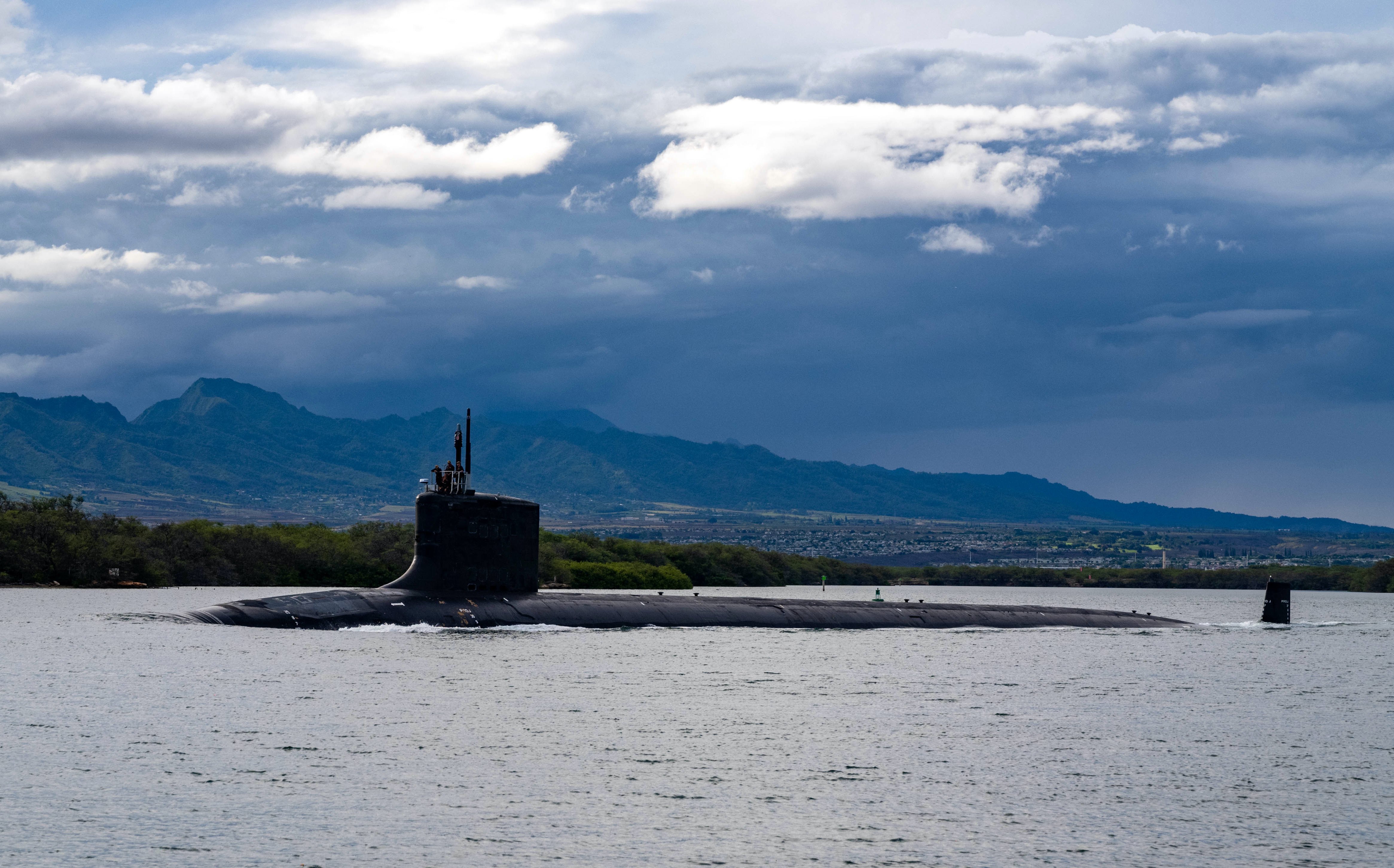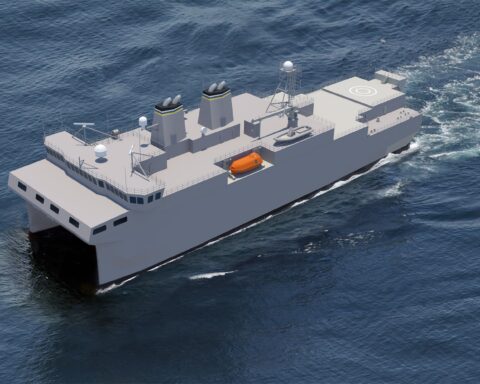The following is the Feb. 5, 2018 Congressional Research Service report, Iraq: in Brief
From the Report:
Iraq’s government declared military victory against the terrorist insurgents of the Islamic State group (IS, aka ISIS/ISIL) in December 2017, and Iraqis are shifting their attention toward recovery and the country’s political future. Security conditions have improved (Figure 1) but remain fluid, and daunting resettlement, reconstruction, and reform needs occupy citizens and decision makers. National legislative elections are scheduled for May 2018, and campaigning reflects issues stemming from the 2014-2017 conflict with the Islamic State as well a range of preexisting internal disputes and governance challenges. Ethnic, religious, regional, and tribal identities remain politically relevant, as do partisanship, personal rivalries, economic disparities, and natural resource imbalances. Iraq’s neighbors and other outsiders continue to pursue their interests in the country, at times cooperatively and at times in competition.
Iraqi Prime Minister Haider al Abadi is seeking reelection in May, but rivals from other factions and movements are running as competitors. While Iraq’s major ethnic and religious constituencies are each politically diverse, many Iraqis advance similar demands for improved security, government effectiveness, and economic opportunity. Prime Minister Abadi and other politicians increasingly employ cross-sectarian political and economic narratives, but identity driven politics continue to influence developments across the country.
The Kurdistan Region of northern Iraq (KRI) enjoys considerable administrative autonomy under the terms of Iraq’s 2005 constitution, and the Kurdistan Regional Government (KRG) expects to hold legislative and presidential elections sometime in 2018. The KRG held a controversial advisory referendum on independence on September 25, 2017, amplifying political tensions with the national government and prompting criticism from the Trump Administration and the United Nations Security Council. In October 2017, the national government imposed a ban on international flights to and from the KRI, and Iraqi security forces moved to reassert security control of disputed areas that had been secured by Kurdish forces after the Islamic State’s mid-2014 advance. Much of the oil-rich governorate of Kirkuk long claimed by Iraqi Kurds — returned to national government control, and resulting controversies have riven Kurdish politics.
Iraqi and Kurdish security forces remain deployed across from each other along contested lines of control while their respective leaders are engaged in negotiations over a host of sensitive issues. Internally displaced Iraqis are returning home in greater numbers, but stabilization and reconstruction needs in areas liberated from the Islamic State are extensive. As of early 2018, an estimated 2.5 million internally displaced persons (IDPs) remain, and authorities seek up to $100 billion for reconstruction activities expected to last for years. Paramilitary forces have grown stronger and more numerous since 2014, but have yet to be fully integrated into national security institutions. Some figures associated with the Popular Mobilization Forces (PMF) militias that were organized to fight the Islamic State are participating in the 2018 election campaign and may cooperate with or challenge Prime Minister Abadi, including individuals with ties to Iran.





